Introduction
The start of the New Year offers a fresh opportunity to reassess your financial situation. It’s the perfect time to evaluate where you stand financially, reflect on your past spending habits, and make adjustments for a more secure future. Revisiting your financial goals and habits this New Year can set you on a path toward greater financial well-being and growth.
1. Living Beyond Your Means
Definition:
Spending more money than you earn, often relying on debt to cover the gap, is a dangerous financial habit that can lead to significant long-term consequences. As the New Year begins, it’s the perfect time to reassess your spending habits and avoid falling into this trap. By budgeting, tracking expenses, and living within your means, you can regain control over your financial future and break free from the cycle of debt.

Dangers:
- Debt Accumulation: Leads to growing debt from credit cards, loans, etc.
- Financial Stress: Constant worry about making ends meet.
- Limited Savings: Less money available for savings and investments.
- Damaged Credit: Negative impact on credit scores and future financial opportunities.
Practical Steps to Break the Habit:
- Create and Stick to a Budget: Limit spending to your income and prioritize essential expenses.
- Track Your Expenses: Monitor all spending to identify and cut unnecessary costs.
- Live Within a Set Limit: Commit to not exceeding a budgeted financial limit each month.
2. Ignoring Your Credit Score
Impact of a Low Credit Score:
A low credit score can be a significant barrier to achieving your financial goals in the New Year:
- Lead to higher interest rates on loans and credit cards.
- Make it difficult to secure loans or mortgages.
- Limit your ability to rent or secure favorable insurance rates.
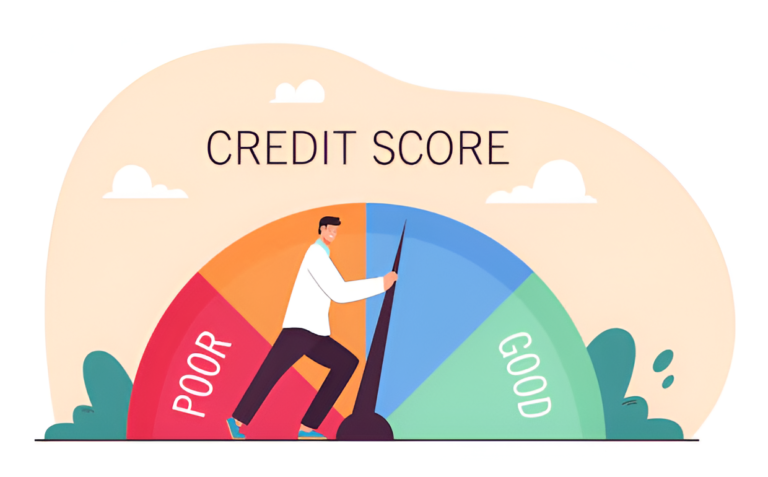
Importance of Monitoring and Improving Credit Scores:
- A higher credit score saves you money by reducing interest rates.
- It opens doors to better financial opportunities, like favorable loans and credit terms.
Tips to Break the Habit:
- Regularly Check Your Credit Report: Stay updated on your credit status and spot errors early.
- Pay Bills on Time: Consistently paying bills on time boosts your score.
- Manage Debt Responsibly: Keep credit utilization low and pay off debt promptly to improve your score.
3. Not Saving for Emergencies
Why an Emergency Fund is Essential:
An emergency fund is a critical component of a healthy financial plan, providing a safety net for life’s unexpected expenses. As the New Year begins, it’s the perfect time to establish or strengthen your emergency fund.
- Provides financial security during unexpected events like medical bills, car repairs, or job loss.
- Reduces the need to rely on credit cards or loans during emergencies.
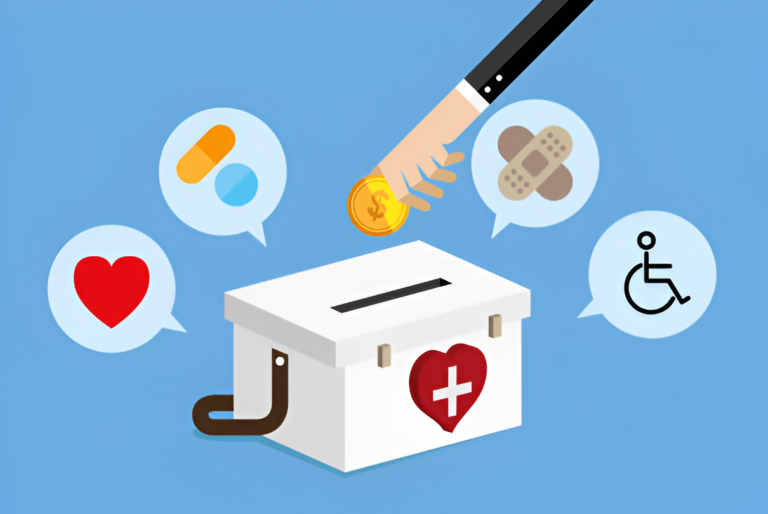
Consequences of Not Having Savings:
- Relying on debt for emergencies increases financial stress and debt accumulation.
- Lack of a safety net can lead to financial instability in tough situations.
Steps to Develop an Emergency Savings Plan:
- Start Small: Begin with a modest goal, like saving $500 or one month’s living expenses.
- Save Consistently: Set up automatic transfers to your savings account to build your fund gradually.
- Increase Over Time: Aim for 3-6 months of living expenses once you’re more comfortable saving.
4. Failing to Invest for the Future
Risks of Relying Solely on Savings Accounts:
- Savings accounts offer low interest rates, which means your money grows slowly, if at all.
- Inflation can erode the purchasing power of your savings over time.
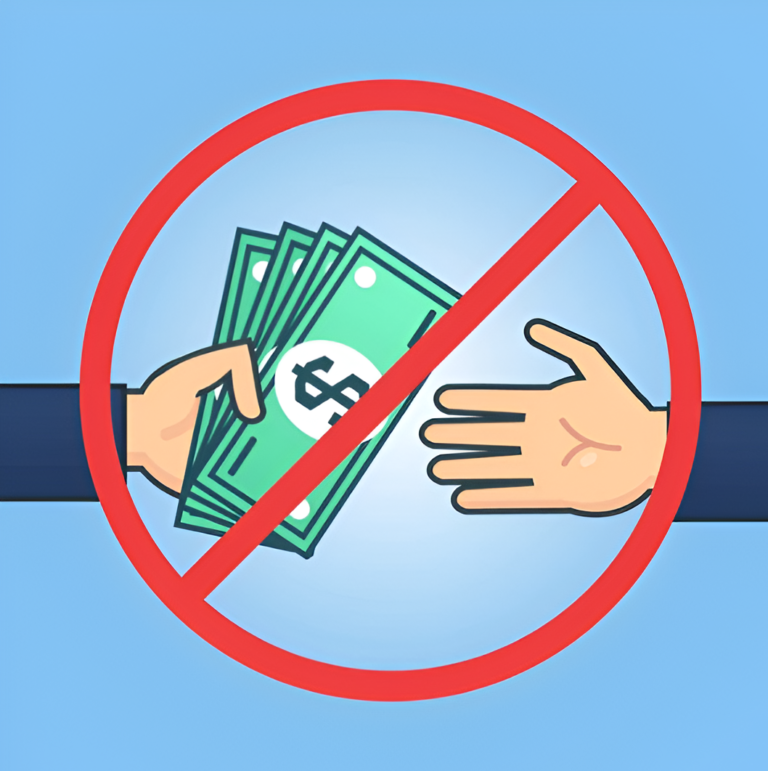
Importance of Starting to Invest Early:
- Investing early allows your money to grow through compound interest, especially for long-term goals like retirement or education.
- Diversified investments help build wealth and outpace inflation.
Breaking the Habit:
- Set Up Automatic Contributions: Regularly invest a fixed amount into retirement or investment accounts.
- Learn About Investment Vehicles: Research options like stocks, bonds, mutual funds, and retirement accounts to find what suits your goals.
- Start Small: Begin with low-cost index funds or ETFs to ease into investing.
5. Impulse Buying and Instant Gratification
How Impulse Buying Erodes Long-Term Savings:
- Unplanned purchases add up over time, leading to unnecessary spending and reducing savings potential.
- Frequent impulse buying can hinder financial goals like debt repayment and building an emergency fund.

Psychological Impact of Instant Gratification:
- Seeking immediate rewards can create a cycle of financial stress and regret.
- Instant gratification often leads to feelings of guilt and impacts long-term financial stability.
Ways to Break the Habit:
- Create Shopping Lists: Plan purchases ahead of time to avoid unplanned buys.
- Implement a 24-Hour Rule: Wait 24 hours before purchasing non-essential items to evaluate if they’re truly needed.
- Be Mindful of Spending Triggers: Identify emotional or environmental triggers (like stress or sales) and find ways to avoid them.
6. Avoiding Financial Planning
Dangers of Ignoring Financial Goals:
Ignoring financial goals can have serious consequences, leaving you unprepared for the future and struggling to achieve financial stability. Without clear financial goals, it’s easy to fall into unhealthy spending habits, accumulate debt, and miss opportunities to grow your wealth. As the New Year begins, it’s important to reassess your financial priorities and create a plan to achieve them.
- Without a plan, it’s easy to make poor financial decisions and miss opportunities for growth.
- A lack of direction can lead to overspending, accumulating debt, and failing to save for important goals.
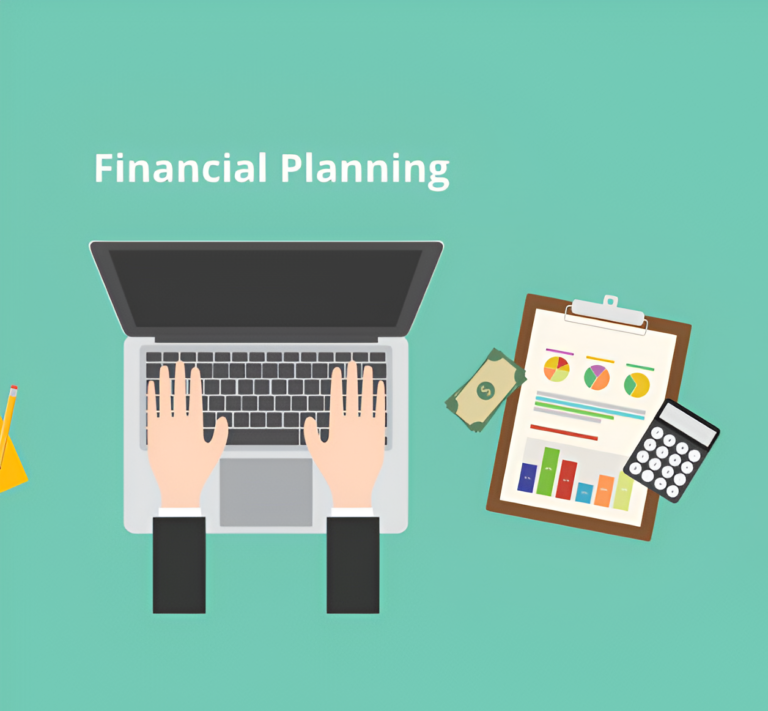
Consequences of Poor Financial Planning:
- Missed opportunities for investment growth and retirement savings.
- Financial uncertainty and increased stress due to a lack of preparedness for life events.
Breaking the Habit:
- Set Clear Financial Goals: Define specific, measurable objectives like saving for retirement or paying off debt.
- Create Actionable Plans: Develop a step-by-step strategy to reach each goal, breaking them into smaller, achievable tasks.
- Review Progress Regularly: Check in on your goals periodically to adjust plans and stay on track.
7. Relying Too Much on Credit Cards
How Credit Card Debt Can Snowball:
- If balances are not paid off, interest accumulates, causing debt to grow quickly.
- Relying on credit cards for everyday expenses can lead to unmanageable debt.
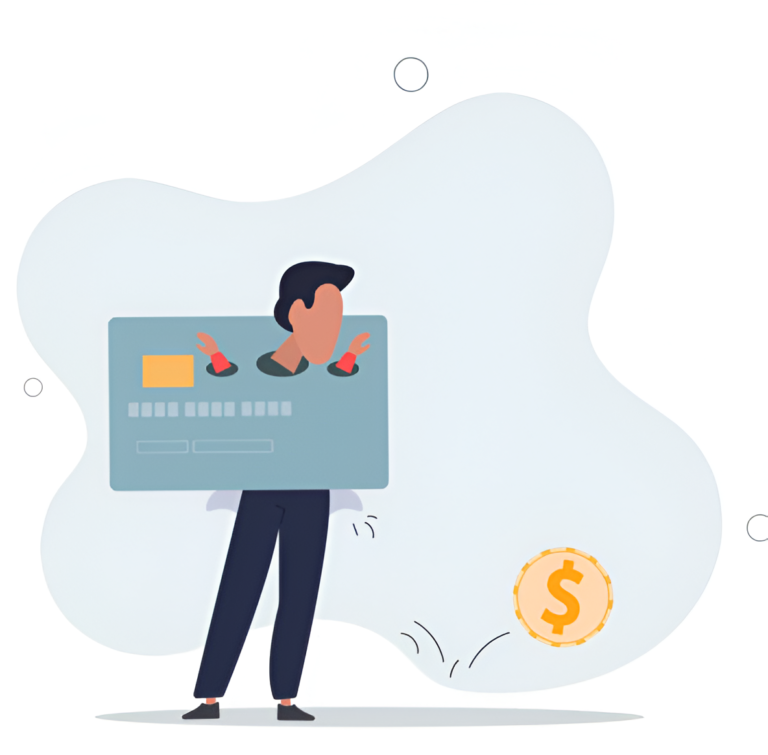
Risks of High-Interest Rates:
- Credit card companies often charge high-interest rates on unpaid balances, making it harder to pay off debt.
- Prolonged debt repayment can drain your finances and delay reaching other financial goals.
Steps to Break the Habit:
- Pay Off Balances Each Month: Avoid interest by paying your balance in full every month.
- Avoid New Credit Card Debt: Only use credit cards for essential purchases and pay them off immediately.
- Use Credit Cards Responsibly: Keep credit utilization low and treat credit cards like a debit card to avoid accumulating debt.
8. Not Seeking Financial Advice or Education
Importance of Financial Literacy:
Financial literacy is crucial for making informed decisions about money, investments, and savings. It helps you understand the basics of budgeting, managing debt, and planning for the future. As the New Year begins, improving your financial literacy is an important step toward achieving long-term financial stability.
- Understanding personal finance helps you make informed decisions about saving, investing, and managing debt.
- Financial literacy empowers you to plan effectively for the future and avoid common money mistakes.
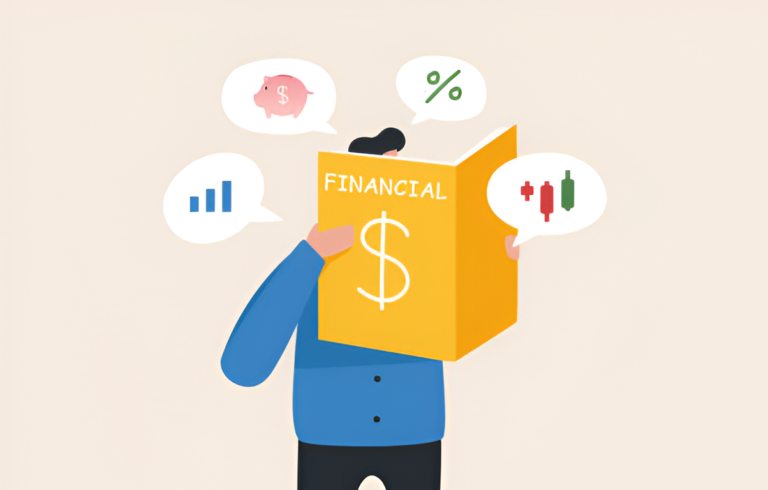
Risks of Making Uninformed Decisions:
- Poor financial choices can lead to lost opportunities, unnecessary debt, and missed investment growth.
- Lack of knowledge can cause confusion and stress when navigating complex financial matters.
Breaking the Habit:
- Take Finance Courses: Enroll in personal finance courses to deepen your understanding of money management.
- Read Books and Articles: Regularly read financial books, blogs, and resources to stay informed.
- Consult Financial Advisors: Seek expert advice to guide your financial decisions and develop a solid financial plan.
Conclusion
As we step into the New Year, breaking free from harmful money habits is key to building a more financially secure future. By addressing the 8 money habits—living beyond your means, ignoring your credit score, not saving for emergencies, failing to invest, impulse buying, avoiding financial planning, relying too much on credit cards, and neglecting financial education—you can lay the foundation for a healthier financial life in the New Year.
Taking control of your finances offers numerous benefits: reduced stress, increased savings, and the ability to achieve your long-term goals. It starts with small, deliberate steps. Commit to making mindful decisions this New Year, and over time, you’ll build positive financial habits that lead to lasting security and growth.
FAQs
Q. Why is it important to break harmful money habits?
- Breaking harmful money habits allows you to take control of your finances, reduce stress, and build a secure financial future. By addressing issues like overspending, debt accumulation, and lack of savings, you can improve your financial health and work toward long-term goals like retirement, homeownership, and financial freedom.
Q. How can I start saving for emergencies if I have little income?
- Start by setting aside small, manageable amounts each month—even $25 or $50 can add up over time. Use automatic transfers to make saving easier and more consistent. Over time, increase the amount as your income or financial situation improves.
Q. How do I improve my credit score?
- To improve your credit score, focus on paying bills on time, reducing credit card balances, and avoiding late payments. Regularly check your credit report for errors and manage your credit utilization (keeping it below 30% of your limit) to boost your score over time.
Q. Is it ever too late to start investing?
- No, it’s never too late to start investing, but the earlier you start, the more time your investments have to grow. Even if you’re starting later in life, small contributions to retirement or investment accounts can still provide significant benefits over time.
Q. How can I avoid impulse buying?
- Create shopping lists and stick to them, implement a 24-hour rule before making non-essential purchases, and be mindful of emotional triggers like stress or sales. This will help you make more thoughtful and intentional spending decisions.

Owner of Paisewaise
I’m a friendly finance expert who helps people manage money wisely. I explain budgeting, earning, and investing in a clear, easy-to-understand way.


It’s rejuvenating to witness a different perspective on this matter.